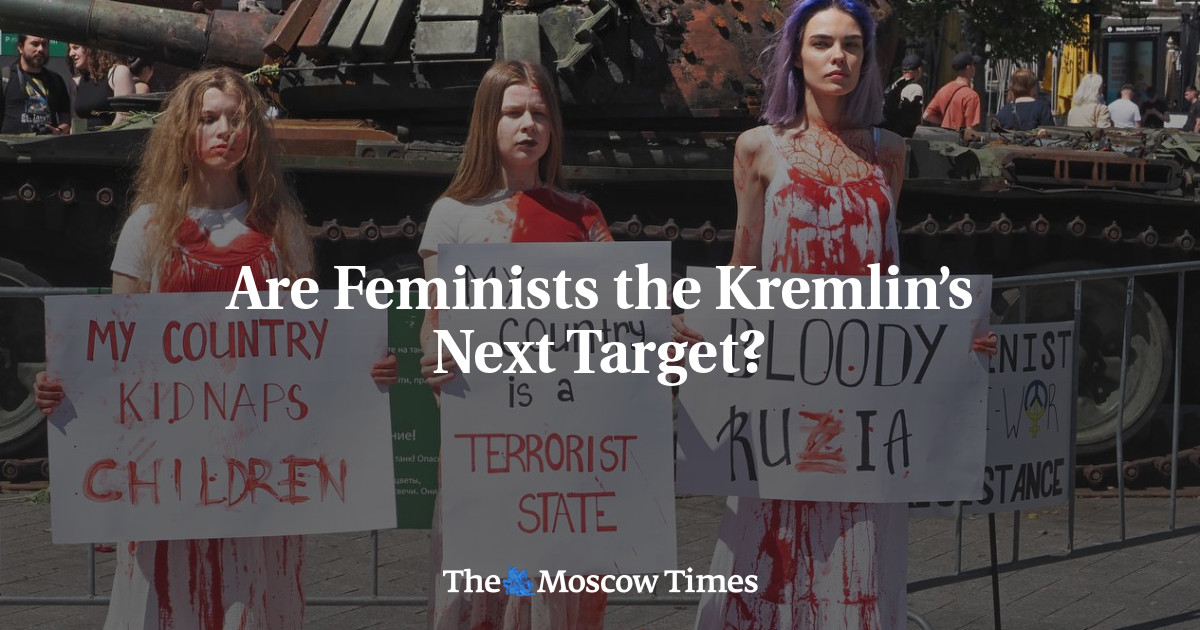
In recent times, the role of women in Russia has been under increasing scrutiny, particularly as it pertains to their involvement in military conflicts. As Russia faces accusations of targeting feminist activists, there is a growing concern about the treatment and rights of women within the country. In April 2024, reports emerged that Russia had opened criminal cases against two prominent Russian feminist activists, Daria Serenko and Zalina Marshenkulova. Though both women now live abroad, they were added to Russia's federal wanted list due to their opposition to the Russian invasion of Ukraine. This incident highlights the Kremlin's repression of women's rights activists and its increasing pressure on women's rights campaigners in Russia.
Zalina Marshenkulova, a feminist activist, discusses the Kremlin's increasing pressure on women's rights campaigners and the influence of the feminist movement in Russia. She also addresses her addition to Russia's federal wanted list during a podcast called 'Russia on the Record.' The podcast is available on various platforms including Apple Podcasts, Spotify, Amazon Music, Google Podcasts, and YouTube.
Simultaneously, women in Russia face systemic issues that stifle their potential and silence their voices. Early 20th-century efforts by women to carve a space for their voices were swiftly stifled by the male-dominated Bolshevik elite. The Soviet era did little to advance women's rights, often relegating women to traditional roles under the guise of socialist equality. Feminist movements such as the Female Anti-war Resistance stand as beacons of defiance against historical suppression of women's voices and agency.
Under Putin's regime, restrictions on women's rights and freedoms have intensified, perpetuating patriarchal norms that devalue and marginalize women. The Russian army is gradually expanding the role of women as it seeks to balance President Vladimir Putin's promotion of traditional family roles with the need for new recruits for the war in Ukraine. The military's stepped-up appeal to women includes efforts to recruit female inmates in prisons, replicating on a much smaller scale a strategy that has swelled its ranks with male convicts.
In light of these developments, it is crucial to examine the influence of Russia's feminist movement and whether women's rights activists are the next target of the Kremlin's repressions. With increasing pressure on women's rights campaigners and a growing emphasis on traditional family roles, it remains to be seen how Russia will navigate its treatment of women in the future.
